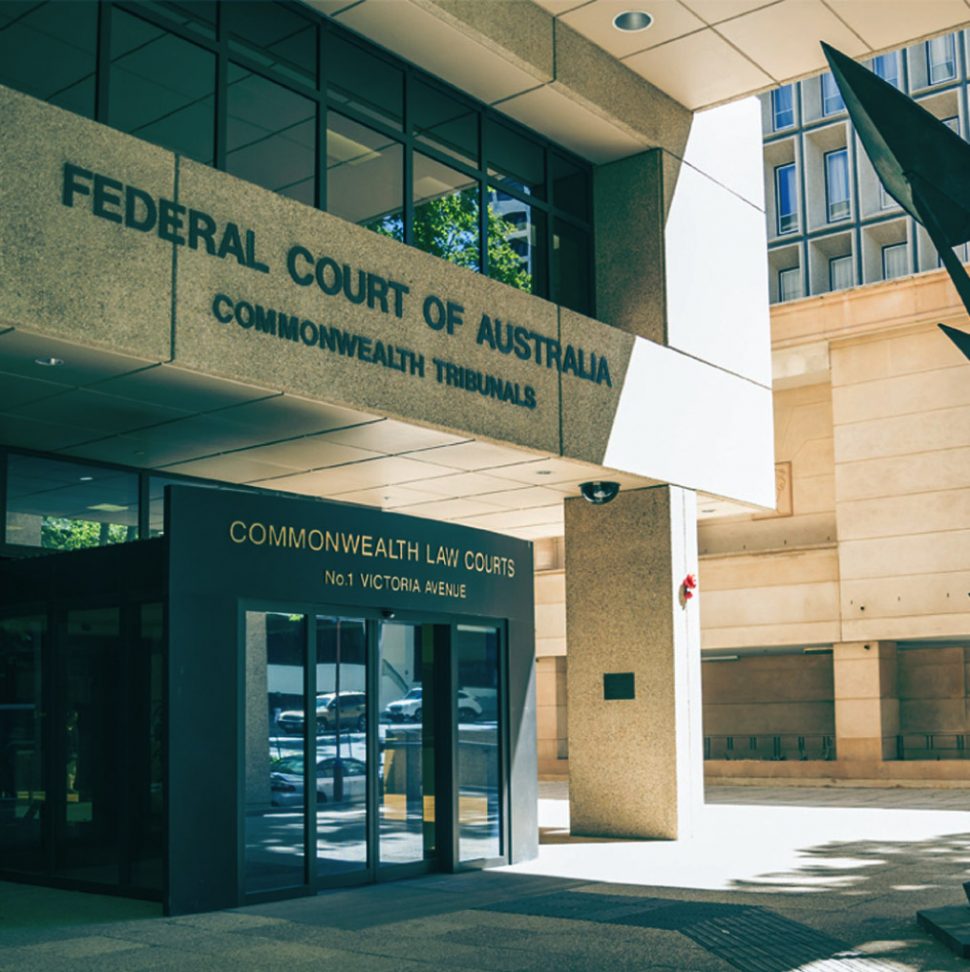The Federal Court decision to fund sexual supports – and what it means for for all NDIS participants

In this particular case, it was a sexual support. But the decision is relevant to all disability supports.
Federal court decisions are really important because they help us to understand what the NDIS principle of “reasonable and necessary” means in the real world. From what we have seen from court decisions so far (including this one) reasonable and necessary is very specific to the person’s disability and their unique situation.
What might be reasonable and necessary for one person might not be for someone else.
An important factor will be the person’s disability and how it affects their ability to do things in life. The Federal Court said in their decision that working out what is reasonable and necessary is a task of intense fact finding.
So in this case the facts were that this woman’s disability meant that she needed a “specialist sexual service” that could help with her sexual needs.
I asked my friend Natalie Wade, Founder and Principal Lawyer at Equality Lawyers, what exactly is a “specialist sexual service”. There has been plenty of confusion about that.
Nat said:
“Specialised sexual services are not defined by the Court in this decision, or by the AAT in the original decision. The point is not the definition of a specialised sexual service, but the need for a sexual service that arises from your disability. As with all things NDIS, there needs to be a link to your disability.”
The point the court was making was that some people with disabilities need to access services that assist them with their sexual needs. Because of their disability, these services need to be provided in a certain way – that is what makes them “special”. The court said, it is the NDIA’s responsibility to fund that kind of service.
The NDIA did a pretty bad job arguing against this. Even the court said so.
They said it would be too expensive. But they didn’t do enough research about the numbers of people for whom a specialist sexual service would be reasonable and necessary.
The NDIA also said that the Australian community did not want sexual services to be funded. They said that this is why they do not allow NDIS funds to be used in this way.
The court didn’t accept that. They said that unless there is a rule in the NDIS Act that says that a sexual service is not funded, then you can’t refuse to fund it.
So what does this all mean for NDIS participants?
Well it means that your sexual needs are important. If your disability gets in the way of you expressing your sexual needs, you should talk about them with your planner. Talk to them about what supports you might need to achieve your sexual goals.
But remember – these supports must be directly related to your disability.
The NDIA cannot deny supports because they think they will be unpopular in the community or because they believe they are too expensive.
I don’t think this story is over. The NDIA could continue to appeal. Or the government could try and change the NDIS Act. They could try and introduce a specific rule to block the funding of sexual services.
I think the second option is most likely but I would caution against such a move.
It is important that we maintain the integrity of the NDIS Act by ensuring that NDIS participants can choose from the fullest possible range of supports to address our disability related needs. It shouldn’t matter what those needs are. Including if those needs may be sexual.
We don’t want the NDIS to turn into a list of things that the government does and does not want disabled people to do. We fought hard for a scheme based on individual choice and control. We are not giving that up.
Of course the NDIS needs to be financially sustainable. Section 34 of the Act (Reasonable and Necessary) means that funding must be targeted to where it is needed.
The law does not need changing. What is needed is recognition and support for the sexual needs of people with disability. We also need a change in attitudes towards people with disability so that we are seen as worthy sexual partners. Ultimately, that is what would make the biggest difference in our lives.
I contacted the NDIA for their perspective on the decision. This is what they said in response:
“The NDIA notes the Federal Court decision on this matter. The Agency is considering its response to the decision.”
Before they make any decision, I urge them to consult with the people who matter most – us. The people who fought for the NDIS and rely upon it every day.
Links
NDIS funds may be used to pay for sex workers, court rules – The Guardian, May 12
National Disability Insurance Agency v WRMF [2020] FCAFC 79 – Federal Court of Australia


Join the conversation